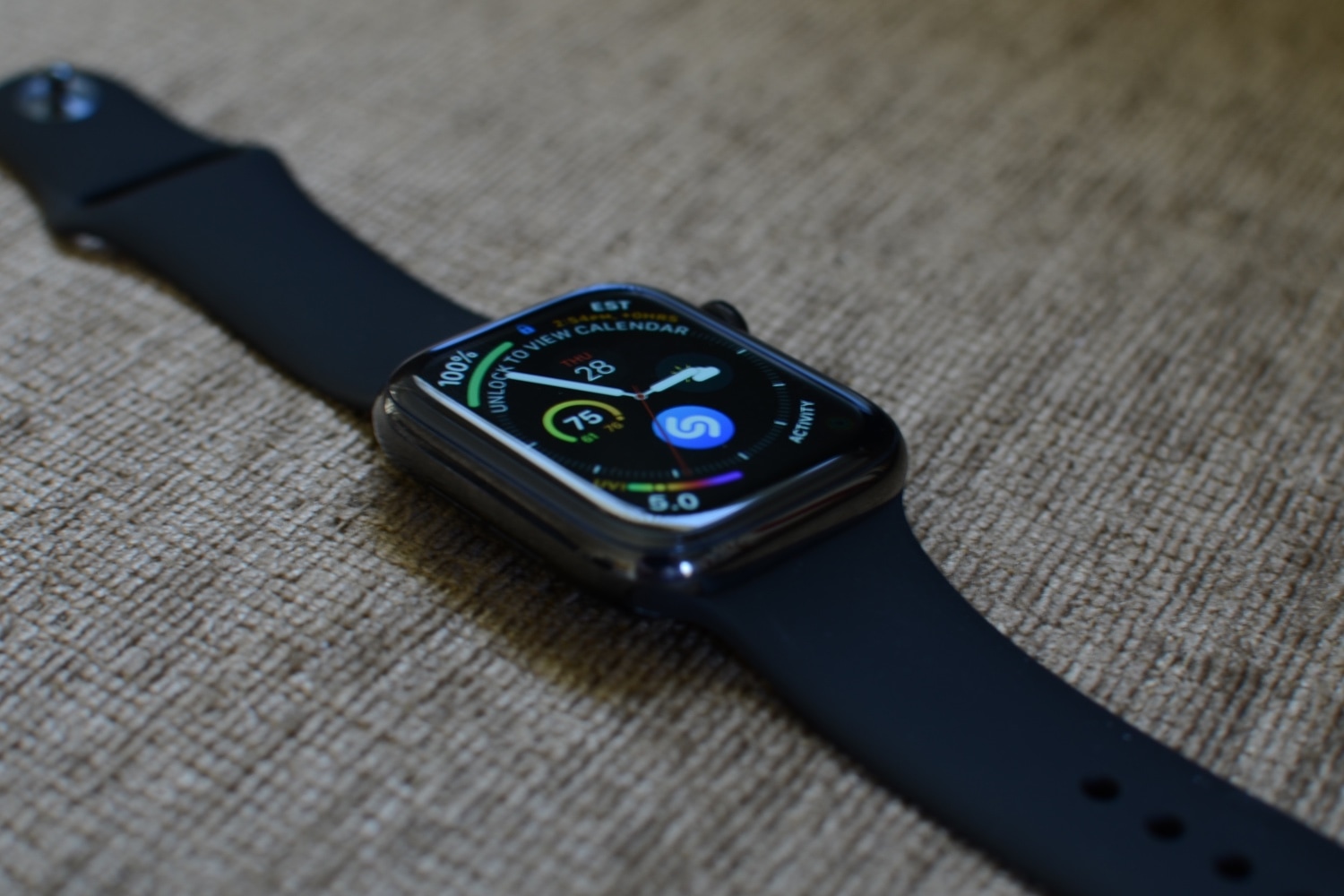
Health is one of the biggest segments of Apple’s business strategy these days, with both the iPhone and the Apple Watch leading that charge.
Fall detection and irregular heartbeats are just part of the story for Apple moving forward. According to a report from CNBC, Apple is teaming up with a pharmaceutical company called Eli Lilly to determine whether or not the iPhone and/or the Apple Watch can detect dementia. Evidation is a health startup that is also teaming up with the larger companies to determine the results.
A research paper has detailed the process up to this point, which is entitled “Developing Measures of Cognitive Impairment in the Real World from Consumer-Grade Multimodal Sensor Streams”. The process is done partly by activity data and sensor data, both of which can be tracked and cataloged by the iPhone and Apple Watch.
The ubiquity and remarkable technological progress of wearable consumer devices and mobile-computing platforms (smart phone, smart watch, tablet), along with the multitude of sensor modalities available, have enabled continuous monitoring of patients and their daily activities. Such rich, longitudinal information can be mined for physiological and behavioral signatures of cognitive impairment and provide new avenues for detecting MCI in a timely and cost-effective manner.
In this work, we present a platform for remote and unobtrusive monitoring of symptoms related to cognitive impairment using several consumer-grade smart devices. We demonstrate how the platform has been used to collect a total of 16TB of data during the Lilly Exploratory Digital Assessment Study, a 12-week feasibility study which monitored 31 people with cognitive impairment and 82 without cognitive impairment in free living conditions. We describe how careful data unification, time-alignment, and imputation techniques can handle missing data rates inherent in real-world settings and ultimately show utility of these disparate data in differentiating symptomatics from healthy controls based on features computed purely from device data.
There have already been early-staged tests done over 12 weeks. There was a control group of 82 individuals who are healthy, and 31 individuals who are impacted by varying stages of cognitive decline, including dementia.
Early detection of dementia has been an ongoing challenge all across the globe. In the United States alone there are more than six million people who live with dementia.
Along with the iPhone and Apple Watch, the study also included data tracked by the Beddit sleep monitor.
With this research, we looked at how everyday behavior data, such as those captured by iPhones, Apple Watches, and Beddit sleep monitors, may be effective in differentiating between individuals with mild cognitive impairment and early Alzheimer’s disease, and those without symptoms,” Evidation co-founder Christine Lemke told CNBC
This could be a landmark study, and not just for Apple. But of course, if Apple can somehow include features within the iPhone and Apple Watch that can help detect early signs of dementia for the general public, that would be monumental for Apple.